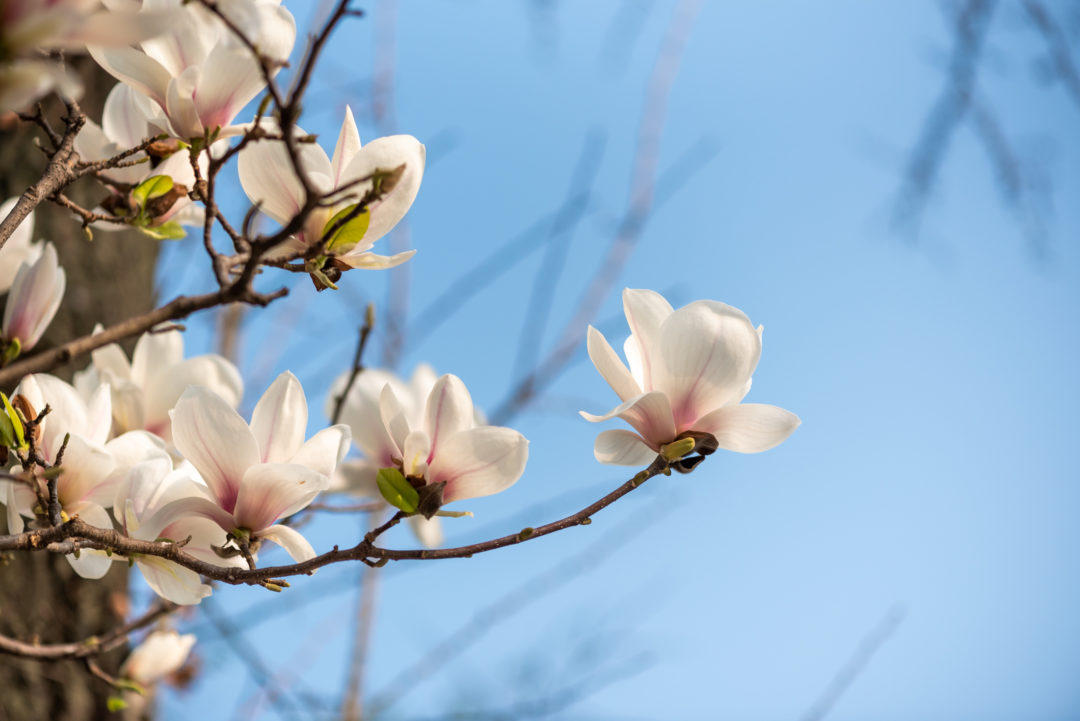Native to East and Southeast Asia, particularly China, the magnolia family has been around for some 60 million years, predating even the evolution of bees. Surprisingly, more than 200 types of magnolia trees exist worldwide. Among them is Magnolia officinalis, commonly called the “hoipo magnolia,” and sometimes referred to as “magnolia bark.” The Hoipo magnolia has been used in Chinese and Japanese medicine for thousands of years.
When examined, it has been noted that hundreds of ingredients are found within the bark, leaves, and flowers of the Magnolia tree. Magnolia tree bark is stripped away from the tree and branches and is the most common form used to make medicines and supplements. Not as commonly used, but still effective, are the leaves and flowers. Of all these ingredients, there are two compounds, known as neolignans, that seem to be responsible for its benefits. The two compounds are Honokiol and Magnolol.
There is a long list of uses commonly associated with using magnolia. Magnolia has been used to lessen pain of constipation, and for indigestion, providing relief when there is sensitivity. In many regions of the world, experts note the antioxidant and protective benefits of magnolia. It has been said that breathing and allergy problems may be lessened with the use of magnolia.
Although many herbs in our industry are used in supplements and serve dual purposes as a spice or a food additive, magnolia is not used as a food. One report noted, “Magnolia bark extract has been tested in studies as an ingredient in chewing gum. Chewing gum with magnolia bark extract may promote better breath and gum health. These findings might lead to the development of brands of gum that contain this ingredient.”
Regarding the safety, researchers have reported: “Magnolia bark has been used historically in traditional Asian remedies for thousands of years without apparent indications of safety concern. Various extracts derived from Magnolia bark are also widely available in dietary supplement products at recommended doses of 200 to 800 mg/d per person. Magnolia ingredients have indisputably a wide variety of pharmaceutical properties. Considering previous studies about Magnolia bark extract toxicity, its security seems to be assured."
Although magnolia is considered safe, as with all supplements one should consult with their personal healthcare provider. it should not be used while pregnant or breastfeeding. It also should not be used by those who with kidney disease. It can in some cases cause drowsiness if taken with medication for insomnia, or benzodiazepines, so it should be used caution.










